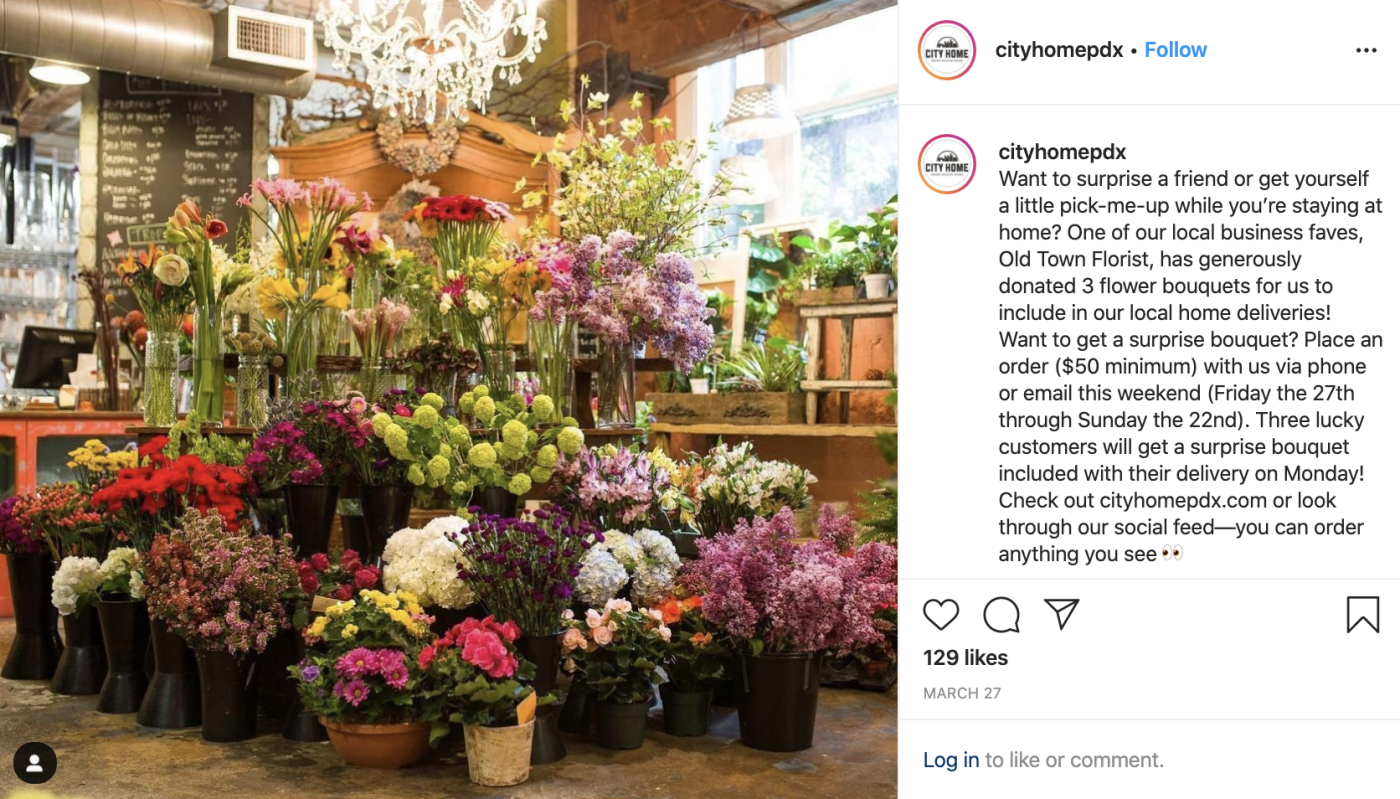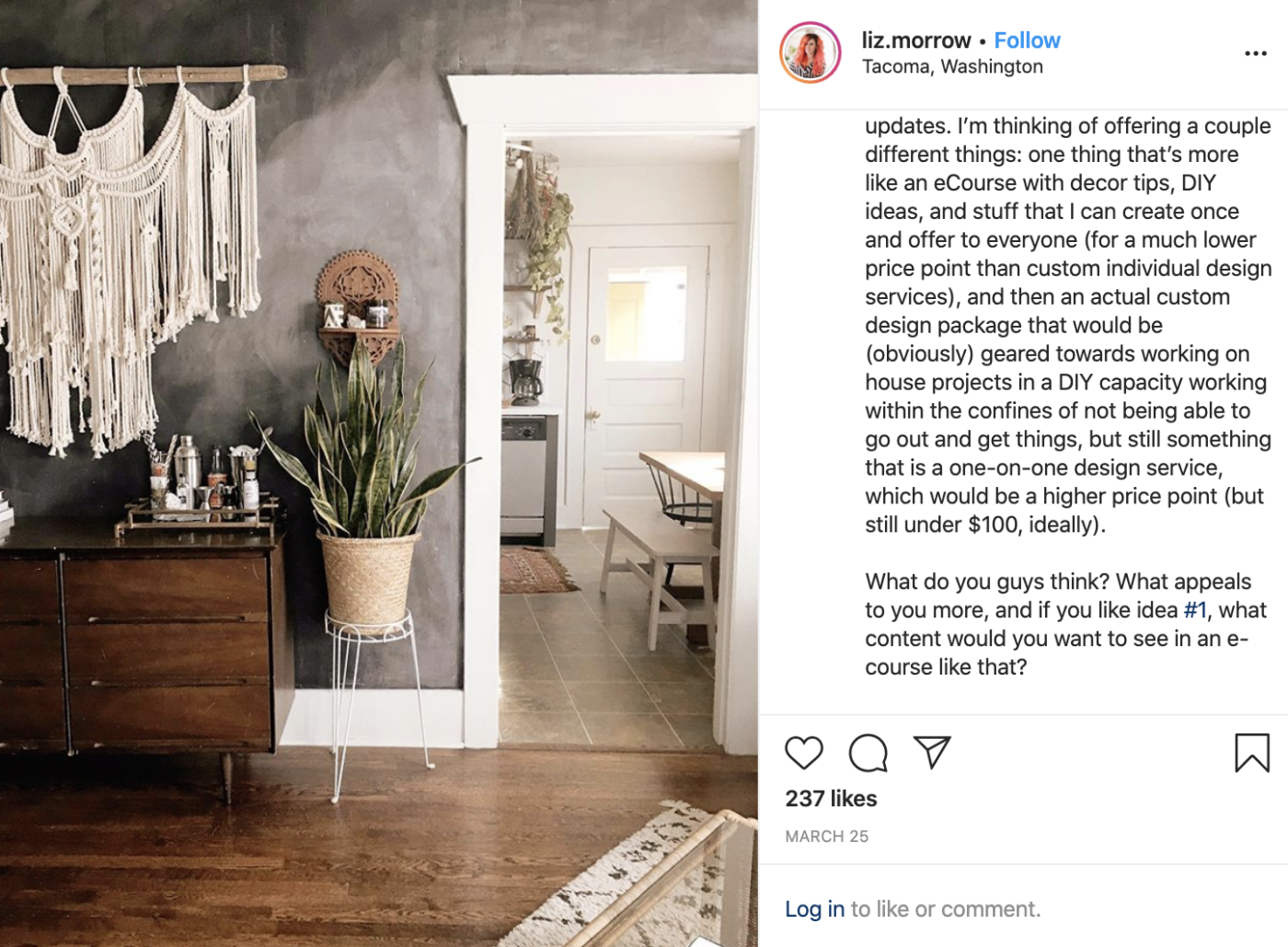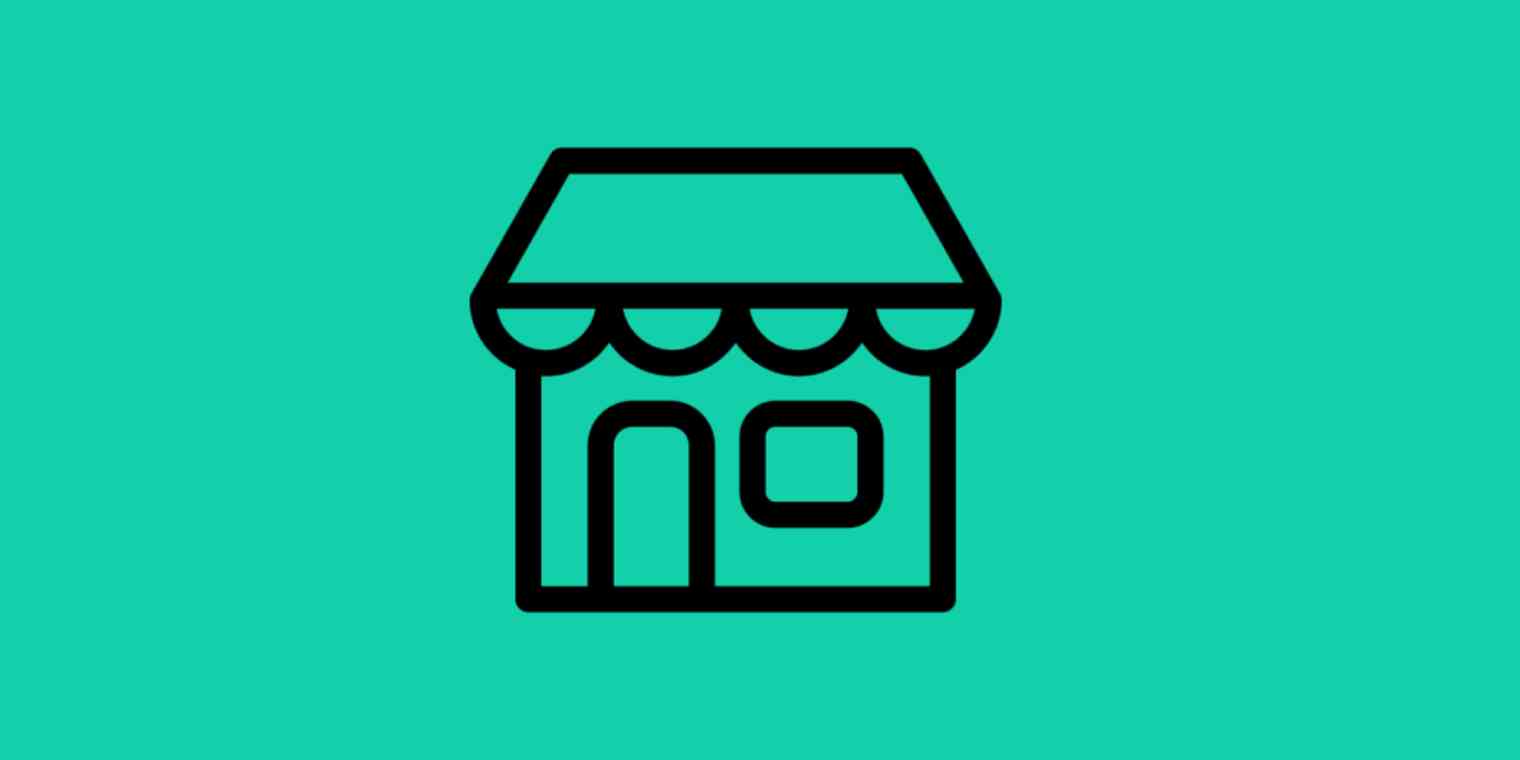We can all agree that social distancing is necessary for the health of our communities, but it's been catastrophic for many small businesses that rely on in-person activities to thrive. From restaurants to gift shops to cleaning services, businesses have had to completely upend their normal strategies to figure out how to survive.
We've researched and spoken to a variety of small businesses around the world to find out what they're doing to get through this uncharted territory. The main takeaway from all of them: flexibility. Things are not business as usual, and everyone is getting creative to make things work. Here are a few strategies that resourceful small businesses are trying during social distancing.
Expand your market
In some cases, your existing clientele just won't be able to make use of your products or services. For example, Cleaning service Aman for Home services had to find new clients because their regular customers understandably didn't want people coming into their homes.
Instead, they told us, they began offering sterilization and disinfection services for entrances of buildings that were still in use. The demand isn't as high as normal, but it allows them to continue operating during this unprecedented period.
Similarly, many local distilleries have shifted to making hand sanitizer. Some, like Litchfield Distillery in Connecticut, are giving it away for free, which serves as a great marketing strategy to increase loyalty down the road. Others, like Tamworth Distilling in New Hampshire, are selling sanitizer in order to keep their business operating during the crisis. It's going so well that they're actually selling out.

Consider new ways to deliver your product or service
Many dine-in restaurants and bars are offering online ordering and curbside pickup. But other brick-and-mortar businesses need something more personal.
When your business model involves people coming in to browse or interact with you, you need to figure out how to make that happen virtually. La De Da! gift shop in suburban Chicago is all about offering personalized recommendations for gifts. People don't come in knowing what they want—they browse, and they rely on the owner, Jill Carlisle, to point them in the right direction.
With social distancing in full swing, Jill now has customers complete a Google Form, mimicking the kinds of questions she'd ask when a customer walks in or calls her. From there, she can work with the customer virtually to find the perfect gift.
Necker's Toyland, a toy store in Simsbury, Connecticut that's been in business since 1948, also had to get creative. They're offering a FaceTime browsing option, virtually walking kids around the store, so they can pick out something that'll keep them busy during quarantine. Then they're offering curbside pickup or delivery to nearby towns.
Service-oriented businesses are doing something similar. McAlister Training in San Luis Obispo, California, like many fitness studios, has taken its classes virtual. They've also taken the opportunity to expand their market, offering classes for kids who are at home with some energy to burn. And the Winchester Mystery House in San Jose, California is offering online tours of the historic—and strange—landmark.
By offering your services online, you retain existing customers during social distancing, while also potentially opening your market to people outside of your geographic area.
Partner with other businesses
Some struggling businesses, like Metro Bis restaurant in suburban Connecticut, are partnering with other, less-affected businesses. Metro Bis has been selling prepared meals at a local grocery store to make up for the lack of business in house. This partnership gives them a way to safely serve their customers.
At the same time, some struggling businesses are teaming up with each other. City Home, a home decor and design business out of Portland, Oregon, has partnered with a local florist to offer an incentive to customers.

Three City Home customers will receive a surprise bouquet from local florist Old Town Florist with their delivery. For City Home, the promotion serves as an incentive to purchase. But Old Town Florist benefits too: it's a new marketing channel, targeting customers who have a vested interest in home decor and would be likely to purchase flowers to brighten a room.
Stay connected with your customers
Your customers may not be buying from you right now, but you'll need them more than ever once things settle down and they can come back to you in person. That's why it's so important to stay connected through virtual channels. Here are a few ways to make that happen.
1. Send an email
Email your customers to let them know how they can get your product or service during this time. Are you doing curbside pickup? Offering virtual consults? Let them know. Here's an email I got from my local coffee shop, Giv Coffee.

2. Update your website
Of course, an email will only reach the people whose contact info you have. For everyone else, you need to update your website.
Folks who come to your website need to know what you are—or aren't—offering. If you're still operating in some way, make that clear front and center on your homepage, so you don't miss out on potential business. If you're completely out of commission, let people know why: by showing that you're prioritizing the safety of your employees and community, people might be more likely to support you when things settle down.
Don't have a website? Create a Facebook page to get some visibility and give people insight into what you're up to.
3. Ask for ideas
No one knows better what your customers want than your customers themselves. Everyone is dealing with social distancing differently, so it can benefit you to just ask—what do folks want from your business right now?
Liz Morrow, a creative interior designer out of Tacoma, Washington, took to Instagram to ask people what they'd like her help with.

Letting your customers guide your crisis strategy ensures that you're providing products and services people want. Plus, it allows you to continue to market and connect with your customers even when they're not coming into your store.
Invest now in your business's future
While business is slow, you can use the time to figure out what you can streamline for when your business is back in action.
For starters, identify what processes you can automate. If you're not sure where to start, there are a few kinds of tasks that are ripe for automation:
Tasks you have to do frequently or on a schedule
Tasks that involve moving information between apps
Boring tasks that don't require higher-order thinking
Tasks that take you away from what you really want to be doing
Automating your processes will help you now if you're short-staffed, but it'll also pay dividends in the long run.
George Kontos, co-founder and CEO of Marshmallow Streaming, found a bottleneck in his business when managing customers across multiple applications including Salesforce, QuickBooks, and Google Drive. He decided to use the slow period to automate some of those tasks.
By investing in this effort during this slowdown period, we have positioned ourselves to be more successful and efficient when business picks back up.
Another way to invest now for future gains is through your content marketing. Creating high quality content is something you can do by yourself, on your own schedule. You can send it to your email list and post it on social, keeping your customers engaged during social distancing. But it will also serve you in the long run, especially if you keep SEO in mind.
Corrie Beth Hogg, an author and master maker, got creative with her content marketing. She created a free coloring page that people could print out and color during quarantine.

Because folks are spending more time online during social distancing, now is a great time to offer this kind of content: it's a marketing channel for you and a benefit to your fans and potential customers.
This is an unprecedented time for small businesses, and there's no one-size-fits-all solution. Try some of the strategies above, and don't forget that there are small business relief programs available, including SBA loans and other funds.





